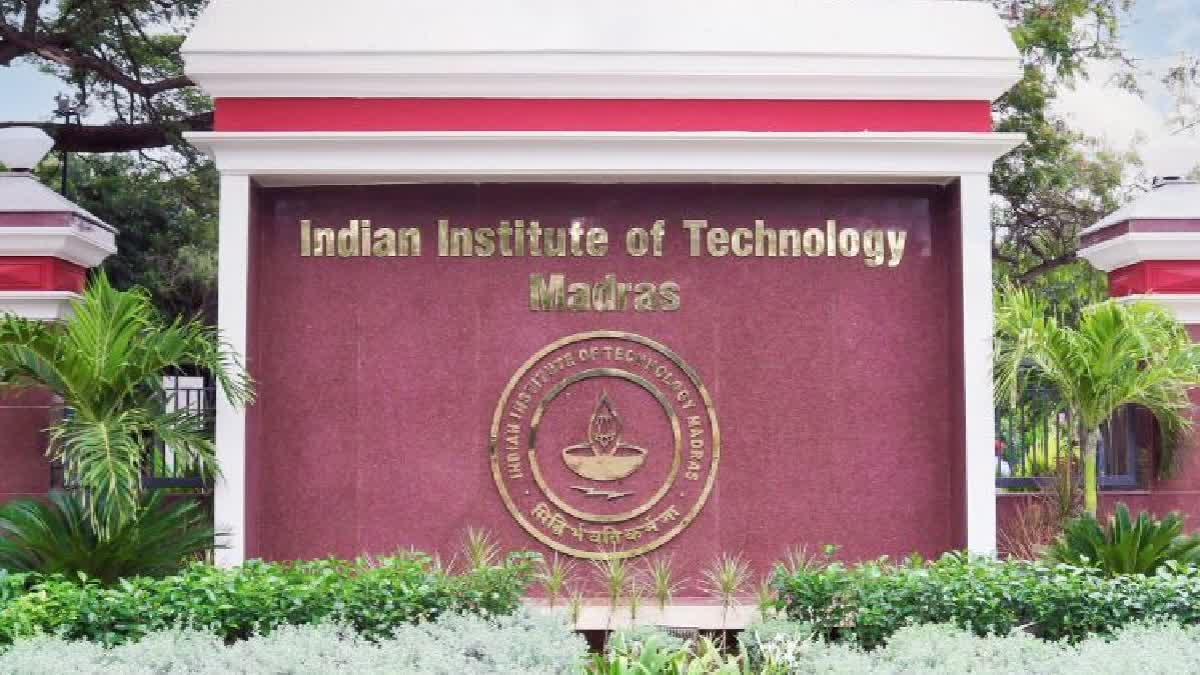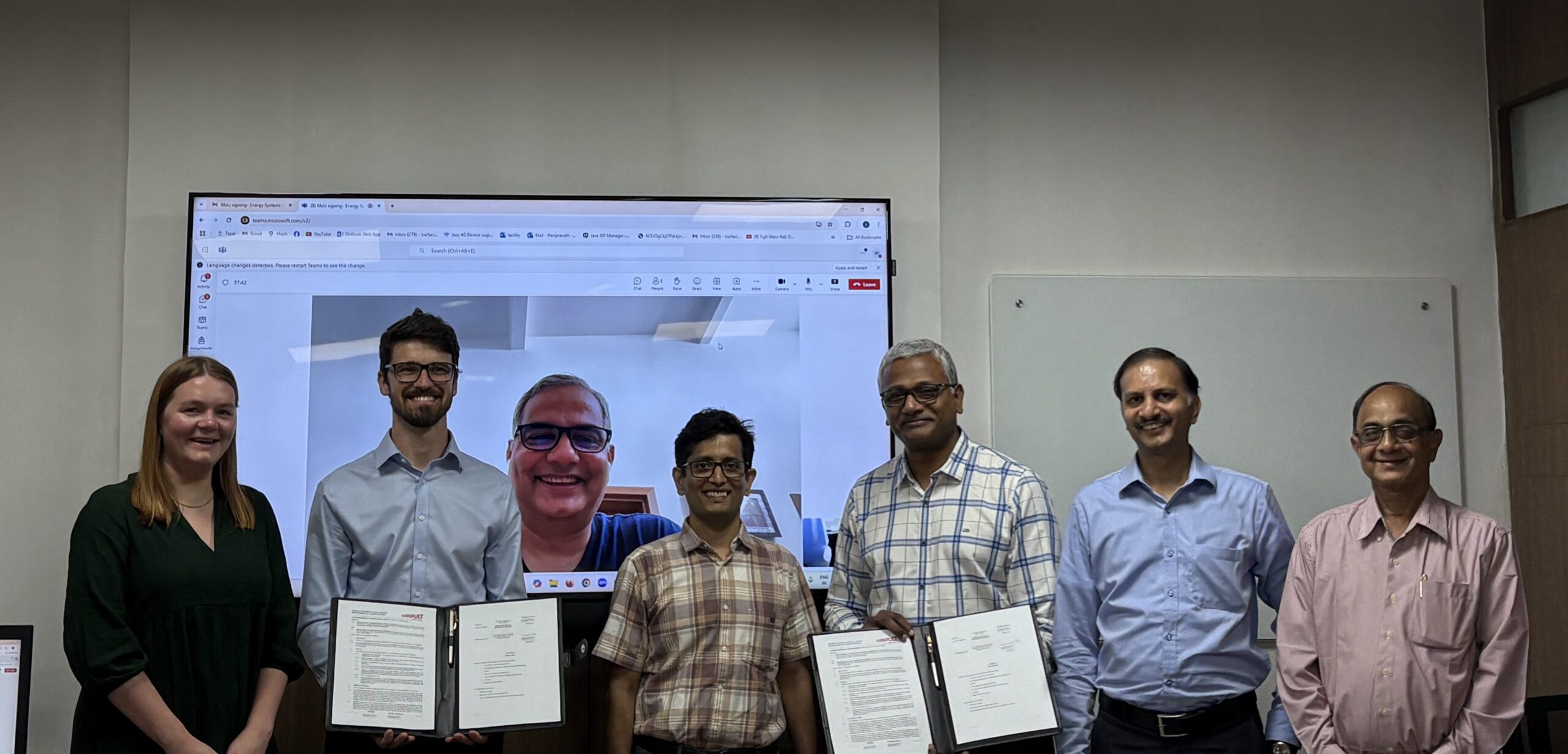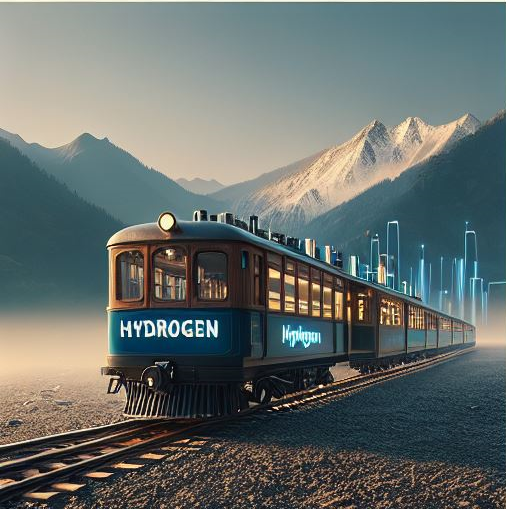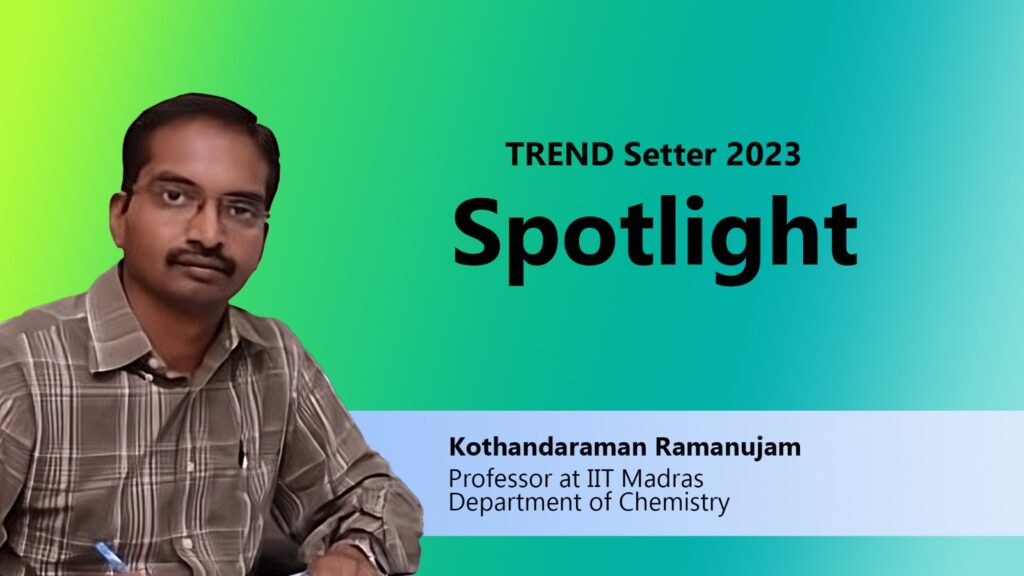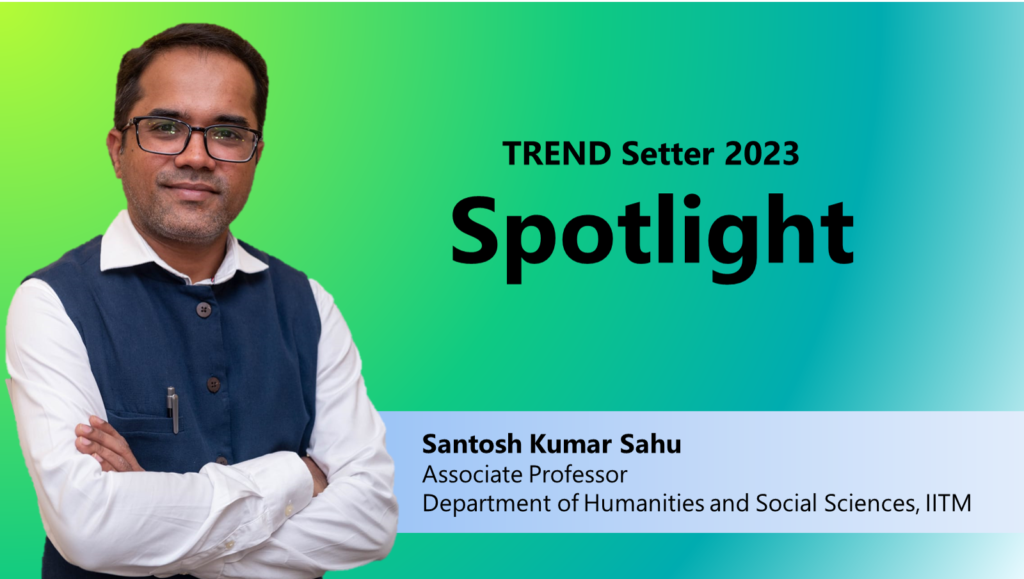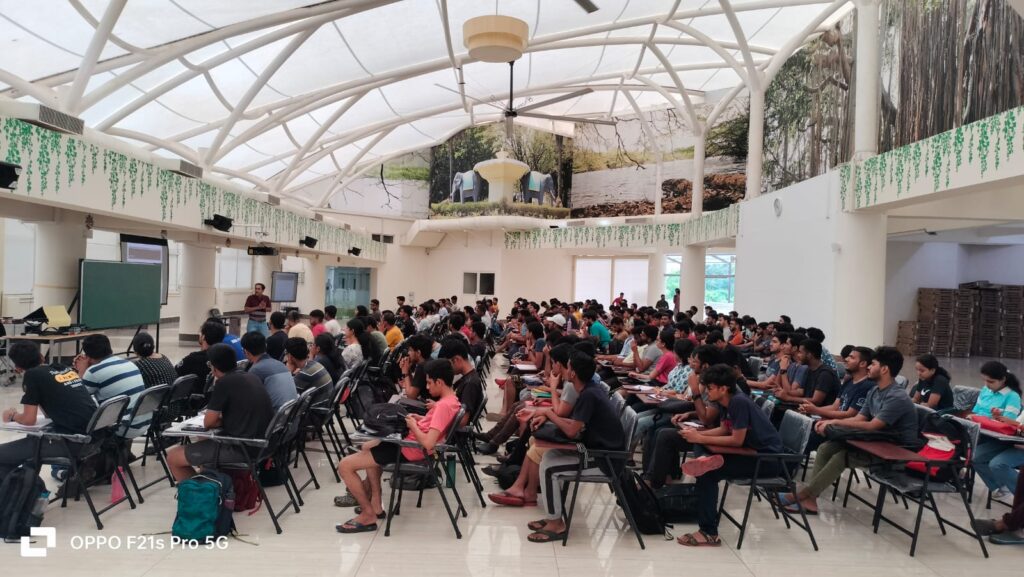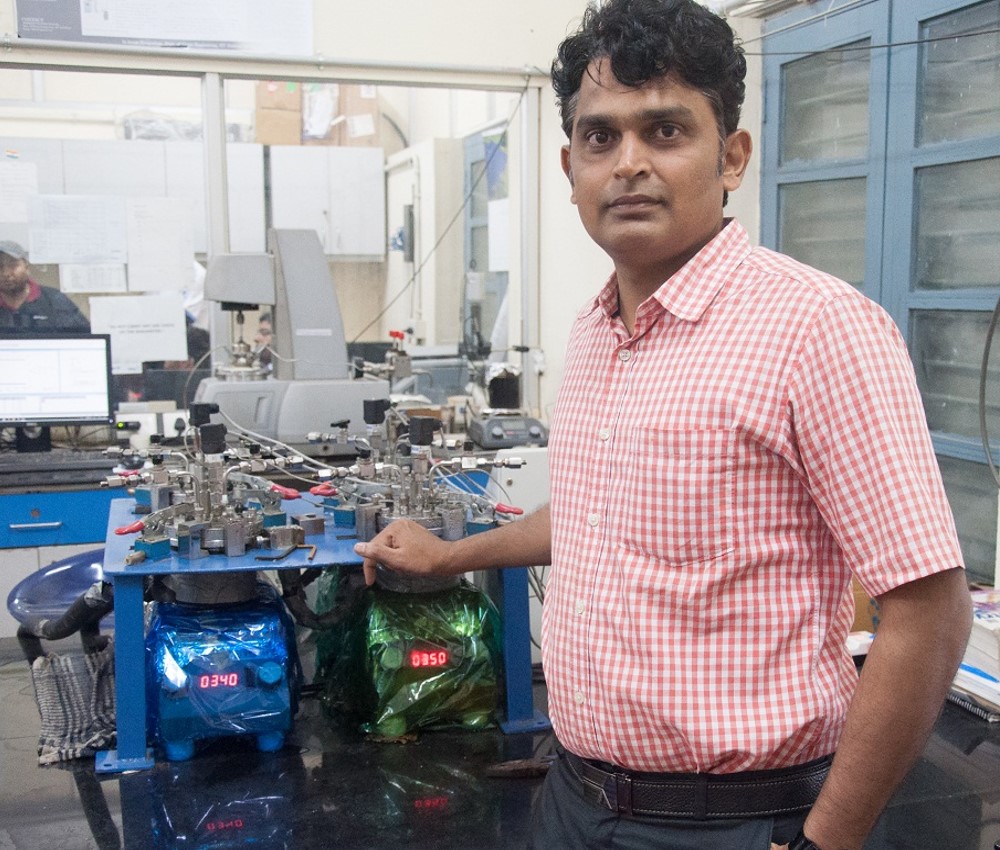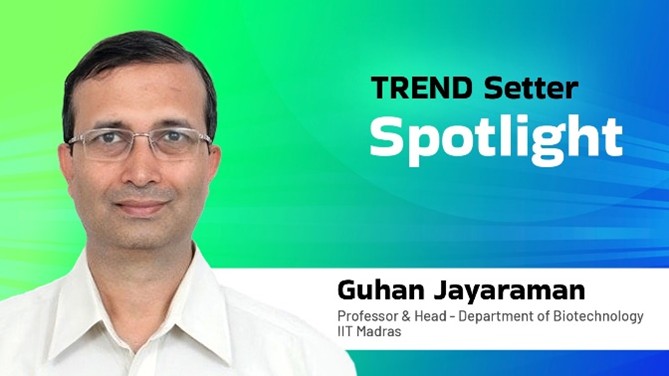
Engineering Microbial Systems for Biomass Valorization and Sustainable Chemical Production
Prof Guhan Jayaraman of the Department of Biotechnology is a recipient of the 2024 TRENDsetter program award under the High Risk High Reward track that is designed to encourage principal investigators to develop deeper collaboration with founding members of the consortium while delivering technologies that are at mid TRL. Prof Guhan’s research focuses on harnessing […]


